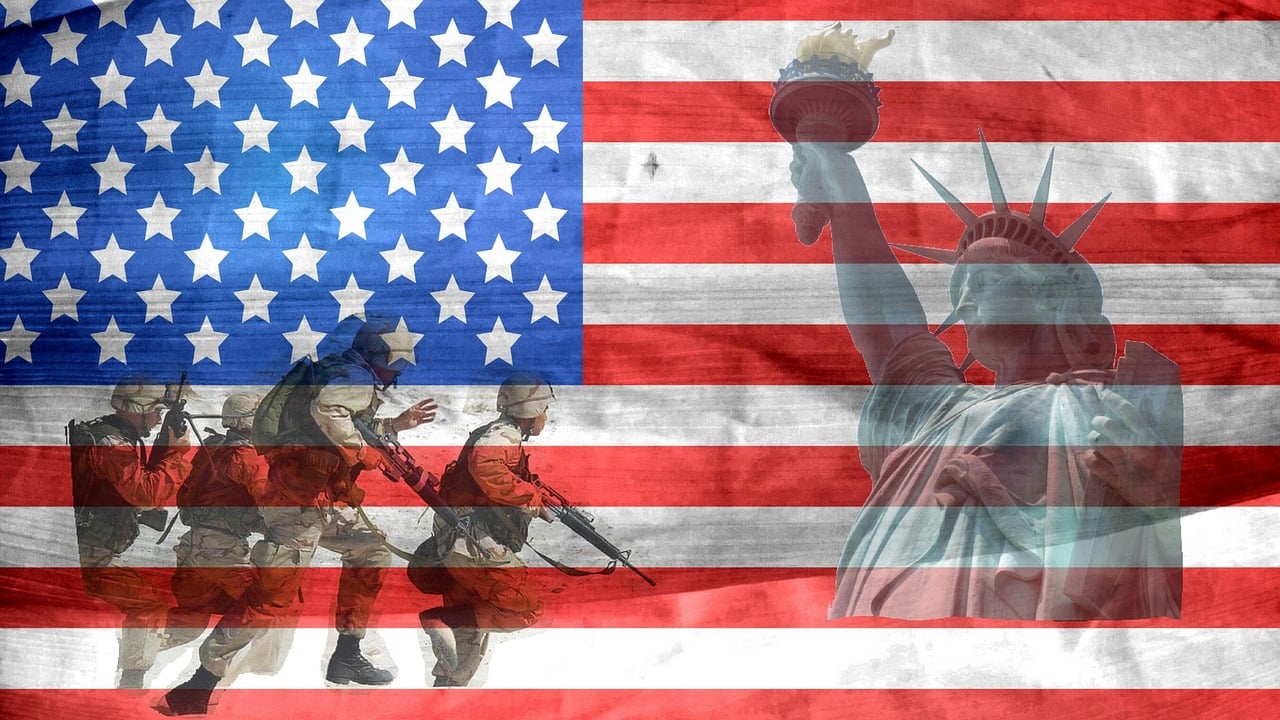As the 2024 presidential election approaches, Vice President Kamala Harris has garnered significant support from a coalition of seasoned veterans. This group, composed of individuals with extensive military backgrounds, emphasizes Harris’s commitment to veterans’ issues, her leadership experience, and her vision for a stronger, more inclusive America.
A Commitment to Veterans’ Needs
One of the core reasons veterans are rallying behind Harris is her longstanding commitment to addressing the challenges faced by the military community. Throughout her career, both as a senator and as vice president, Harris has prioritized legislation aimed at improving veterans’ healthcare, expanding mental health services, and ensuring that veterans receive the benefits they deserve.
In her tenure as a U.S. Senator from California, Harris advocated for the expansion of the Veterans Affairs (VA) health system and supported initiatives that aimed to reduce veteran homelessness. For example, she co-sponsored the Veterans’ Access to Child Care Act, which facilitates access to childcare for veterans seeking care at VA facilities. Her actions reflect a deep understanding of the issues that veterans encounter, making her a relatable and trusted candidate among this demographic.
Advocacy and Legislation
Veterans supporting Harris highlight her ability to listen and respond to their concerns. Joe Chenelly, Executive Director of AMVETS, has publicly endorsed Harris, noting her commitment to improving mental health services for veterans. He stated, “Her advocacy for comprehensive mental health care is essential for those who have served, and we need a leader who prioritizes these critical issues.”
General Robert Neller, former Commandant of the U.S. Marine Corps, has also voiced his support, praising Harris for her efforts in championing the “Johnny Isakson and David P. Roe Veterans Health Care and Benefits Improvement Act.” Neller emphasized that her leadership in this area will enhance care and streamline benefits for veterans, helping those in need navigate the complexities of the VA system.
Building a Diverse Coalition
Harris’s appeal to veterans extends beyond traditional military issues; she represents a diverse and inclusive approach to leadership. Major General Linda Singh, Adjutant General of the Maryland National Guard, has publicly supported Harris, stating, “Her commitment to diversity and her understanding of the unique challenges faced by veterans of color are vital for our future leadership.”
Sergeant Major of the Army (Ret.) Daniel Dailey has also expressed his support, highlighting Harris’s efforts to address the needs of transitioning service members. He remarked, “Kamala’s policies on education and job training will directly benefit our veterans, ensuring they have the opportunities they deserve.”
Moreover, Harris’s groundbreaking role as the first woman of South Asian and African American descent to serve as vice president adds a vital perspective to the conversation around representation and leadership in America. This is particularly important for veterans of diverse backgrounds who seek leaders who understand and represent their experiences.
A Vision for the Future
Support from veterans reflects their desire for a leader who can unite the country and address pressing issues such as healthcare, education, and economic inequality. Harris’s policies aim to create a more equitable society, which resonates with veterans who have often witnessed the disparities faced by their peers.
Organizations like the American Legion have acknowledged Harris’s efforts to enhance educational benefits for veterans. Her advocacy for the Post-9/11 GI Bill, which provides education and housing benefits to veterans, aligns with the priorities of many veterans seeking to transition successfully into civilian life.
Captain John H. F. Broughton, a veteran and member of the American Legion, commented, “Harris’s focus on education and reintegration programs is a game-changer for veterans who want to succeed in civilian life. She understands our struggles and is committed to making a difference.”
Conclusion
As Kamala Harris campaigns for the presidency, her backing from seasoned veterans signifies more than just political support; it embodies a collective hope for change. With a proven track record in advocating for veterans’ rights and a commitment to addressing their needs, Harris stands as a candidate who understands the complexities of military service and the sacrifices made by those who serve. As the election approaches, the voices of veterans will undoubtedly play a crucial role in shaping the narrative and direction of her campaign.



